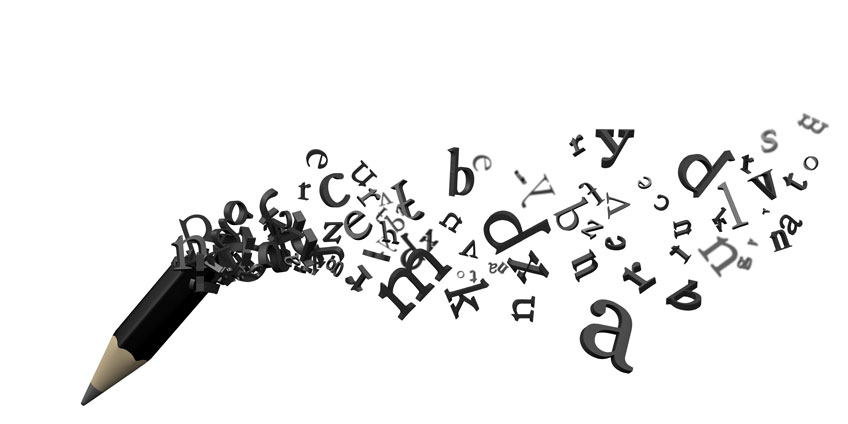
“Write my essay for me” is something that we would love to say to our friends or roommates, but sadly, it is something that we should complete on our own, unless we want to ask for some help online. However, many questions may still arise. Papers are complex homework assignments. There are some rules and regulations that you should follow if you want to write one properly, and you might still be puzzled by some specific issues. In this article we will provide you with an in-depth answer to all the different ideas on what an essay is, as well as its parts, its structure, and the various types of essay.
By Parts
Are you confused about the parts that make up an essay? The introduction, the main body, and the conclusion – you probably are very familiar with them, but there are also reference lists, abstracts, appendixes, illustrative material, title pages and a lot of other elements to consider. Let us answer your questions one by one.
What Is an Abstract in an Essay?
An abstract is an essay that comes before the main text and summarizes your work. It is there for the reader to quickly evaluate if this is a paper they need to read or not. This is why you should be precise and laconic when you write an abstract that summarizes your work and makes it look valuable and interesting. How is it different from an introduction? Look below to find out.

Abstract summarizes your paper. It is used only in academic writing and can be read by itself. It helps the reader determine the usefulness of the paper.
Introduction introduces your paper. It is not used only in academic writing, and it connects to the main text. It helps get the reader interested in the paper.
What Is an Appendix in an Essay?
Just like in the human body, an appendix in an essay is a small and supportive organ. Whenever we want to use interviews, statistics, or cite whole parts of other books in our work, we should think twice about including such sources in our work. Even though we may have worked hard to get this material, it may look cumbersome in the main body, or take up too many pages, or drive the focus away from the main material. That is why we provide all of the important information in the appendix section. To illustrate this, if you have conducted research about fast food consumption among college students via a questionnaire for your paper on the dangers of fast food, you can include a copy of your questionnaire and the research results in the appendix.
Structure
The way you structure your work influences the perception of the reader. What is the purpose of your writing? To inform, to compare, to persuade? In this part, let’s discuss the differences between a persuasive, a reflective, and a discursive essay.
What is a Persuasive Essay?
To persuade means to convince.Which is exactly what you need to do in this type of paper. Convince your professor that plant-based life is critical to earth’s climate stability or that our brain is directly impacted by how much we stare at our smartphones. How do we go about this? We provide strong arguments, statistics, and expert opinion. We appeal to the emotions with vivid imagery and facts from your personal experience. We use persuasive words. If you need some proficient vocabulary to impress, use all the tools at hand: dictionaries, quotes and a thesaurus. In fact, statistics show that students who use the thesaurus tool on computers more score higher than their peers.
What is a Reflective Essay?
The title of this work is also self-explanatory. In a reflective essay you need to reflect on some of your life experiences and provide an insight on how you have changed or developed over the years. The format may vary, because here you need to adjust it to your personal story. The important thing is to draw a good conclusion out of it and show that every situation can be improved, or that there is always room to learn something more. For example, you may tell your professor the story of how you have grown self-confidence thanks to your self-defense classes, and how physical confidence also transcended into your spiritual world.
What is a Discursive Essay?
Students may wonder what exactly a discursive essay is and how to write one correctly. To conduct a discourse means to talk about something, which, in turn, means that this type of paper focuses on an event, discusses a situation, expresses an opinion. Make sure to structure it correctly and use linking words to show the logical steps you took to reach your conclusions.

There are different types of discursive essays:
- For and Against (discussion of advantages and disadvantages of a subject);
- Opinion (expressing the personal opinion of the student, backed up by facts, statistics and other material);
- Problem/Solution (analysis of a problem and provision of solutions, consequences).
By Subject
If you are a humanities student, you’ve probably come across these, and still do nearly every day. The number of papers to complete may have made you an expert in essay-writing by now. However, some degrees are not oriented towards writing as much. In this part of the article, find out about specific details which vary based on the subject.
What is an Art Essay?
If you are an art student, you may find that some of your professors are more focused on the history of art and others on teaching you skills and techniques. That is why writing an art essay may be hard for you, as you need to follow the requirements of a specific professor. There is nothing wrong with that!
What is a Science Essay?
If you are a STEM student, be it biology, physics, or chemistry, you must do a lot of scientific experiments. However, when it comes to a written project, you may be at a loss of how to write it well. Since it concerns scientific matters, it should be just as organized, well-structured and laconic as your other projects. Remember that the person reading it is also “fluent” in your chosen science, so there is often no need to add long descriptions or introductions. Get to the point of what you are trying to say and maintain the standard structure of essay-writing. You will definitely get high marks for your work.
As Immanuel Kant once said: “Science is organized knowledge. Wisdom is organized life.”
